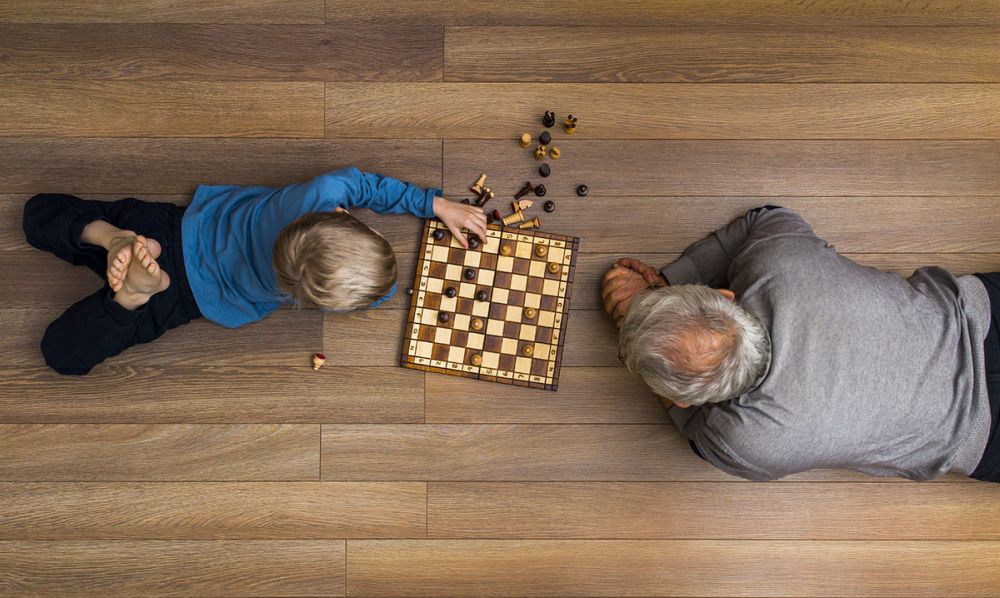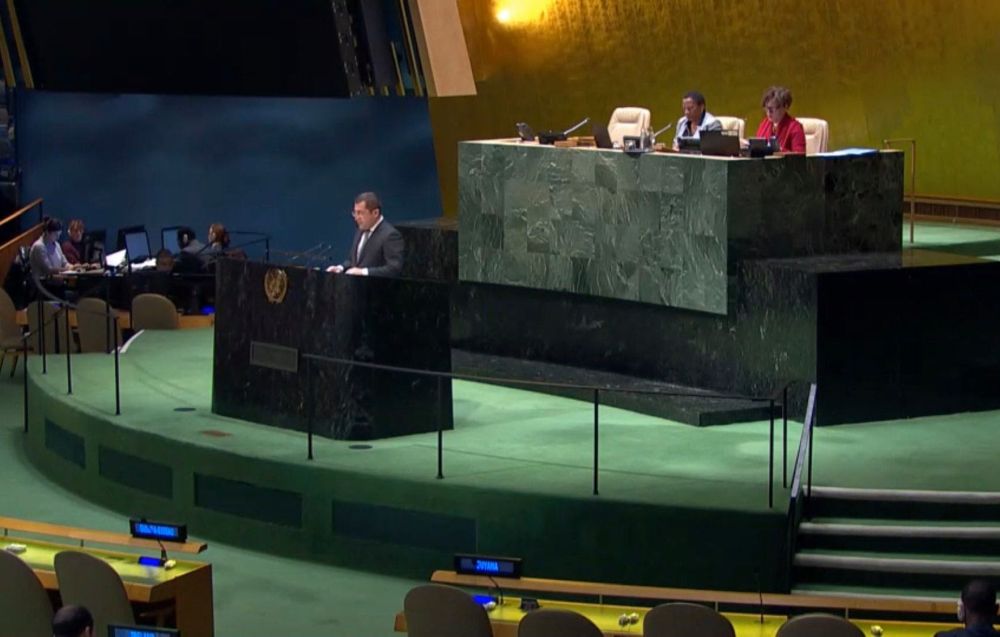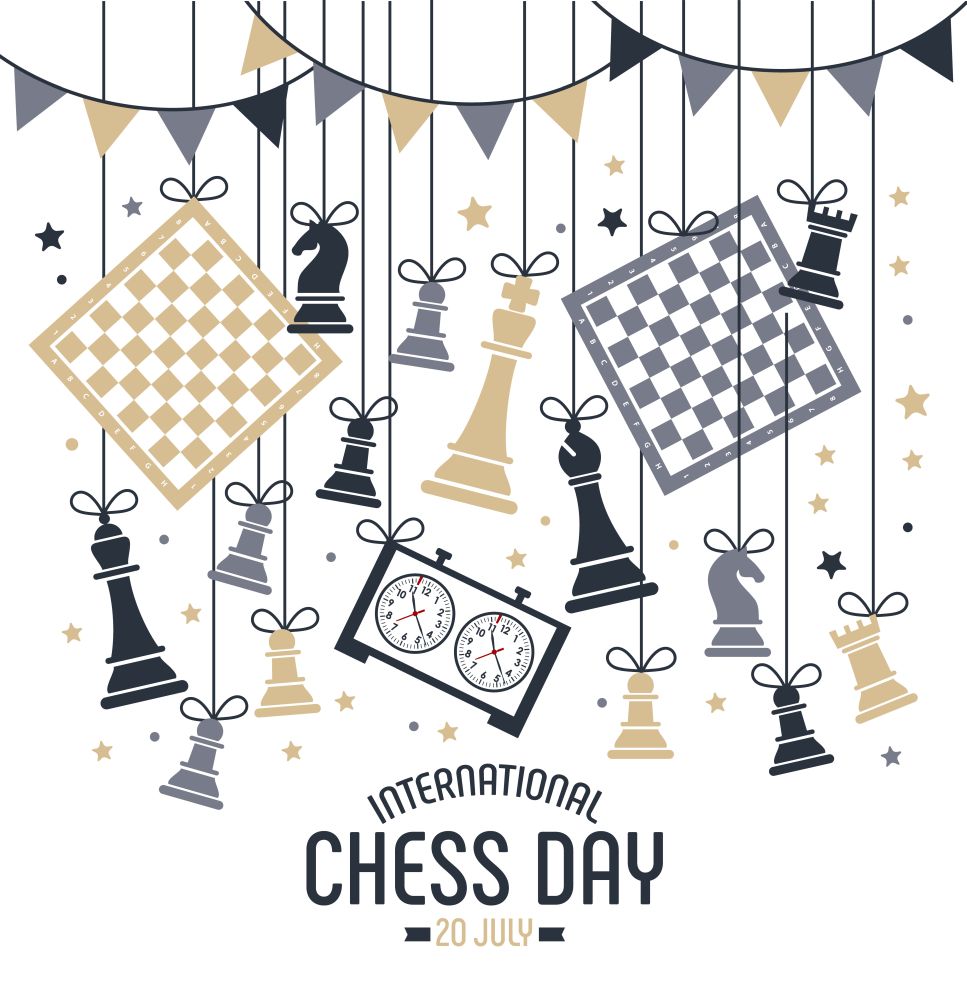United Nations: "Chess for recovering better"
To celebrate the International Chess Day, on 20 July from 10:30 p.m. to 12:30 a.m. IST, top chess personalities, including the FIDE President Arkady Dvorkovich, World Champions Viswanathan Anand and Vladimir Kramnik, two-time World Cup winner Levon Aronian, and current Women's World no.1 Hou Yifan, will take part in a high-level virtual event - “Chess for Recovering Better”. The entire event will be shown live on FIDE's youtube channel. Photo: FIDE Press Release

The event will be attended by United Nations and government officials, permanent missions to the UN, representatives of civil society, academia, and other relevant stakeholders. It will be broadcast live by the UN, and also at FIDE's Youtube Channel.
This meeting aims at providing a platform to discuss the unique capabilities leveraged by chess in supporting social cohesion, equality, and inclusion, with a focus on COVID-19 response and recovery efforts for building back better.
From the concept note of the event:
"Globally, chess is recognized as a powerful tool for promoting the values of discipline, equality, respect for rules, and mutual understanding. In 2019, the UN General Assembly unanimously adopted resolution 74/22 under agenda items “Sport for development and peace” and “Culture of peace”, designating the 20th of July as World Chess Day.
The resolution acknowledges the important opportunities offered by chess in the implementation of the 2030 Agenda for Sustainable Development and the SDGs, such as strengthening education and health, fostering solidarity and promoting cooperation, gender equality, inclusivity, and peace.
Throughout history, games and sports have helped humanity to survive times of crisis by reducing anxieties and improving mental health. While the coronavirus outbreak has forced most gaming and sports activities to scale down, chess has demonstrated remarkable resilience, adaptability and a very strong convening power in time of pandemic. Over the past few months, the overall interest in chess is reported to have doubled, with more players than ever coming together to participate in chess events that are being increasingly held through online platforms."

Chess for Sustainable Development
The United Nations recognizes that sports, the arts, and physical activity have the power to change perceptions, prejudices and behaviors, as well as to inspire people, break down racial and political barriers, combat discrimination and defuse conflict, and therefore contribute in promoting education, sustainable development, peace, cooperation, solidarity, social inclusion and health at the local, regional and international levels.
Chess is one of the most ancient, intellectual, and cultural games, with a combination of sport, scientific thinking, and elements of art. As an affordable and inclusive activity, it can be exercised anywhere and played by all, across the barriers of language, age, gender, physical ability, or social status.
Chess is a global game, which promotes fairness, inclusion, and mutual respect, and noting in this regard that it can contribute to an atmosphere of tolerance and understanding among peoples and nations.
Chess also offers important opportunities in the implementation of the 2030 Agenda for Sustainable Development and the Sustainable Development Goals, including strengthening education, realizing gender equality and the empowerment of women and girls and fostering inclusion, tolerance, mutual understanding and respect.

About International Chess Day
FIDE has been celebrating the International Chess Day since 1966, following a recommendation of UNESCO. The date marks the establishment of the International Chess Federation, which was founded during the Paris 1924 Summer Olympics.
On December 12, 2020, the United Nations General Assembly passed a resolution proclaiming 20 July as "World Chess Day", as per their own denomination. The resolution was tabled by Armenia and co-sponsored by 52 other countries. Armenia’s delegate Mher Margaryan presented chess as a consensus builder that “can transcend national boundaries and break down racial, political and social barriers."
The impact of COVID-19 on sport
Sport is a major contributor to economic and social development. Its role is well recognized by Governments, including in the Political Declaration of the 2030 Agenda, which reflects on “the contribution sports make to the empowerment of women and of young people, individuals and communities, as well as to health, education and social inclusion objectives.”
Since its onset, the COVID-19 pandemic has spread to almost all countries of the world. Social and physical distancing measures, lockdowns of businesses, schools and overall social life, which have become commonplace to curtail the spread of the disease, have also disrupted many regular aspects of life, including sport and physical activity. This policy brief highlights the challenges COVID-19 has posed to both the sporting world and to physical activity and well-being, including for marginalized or vulnerable groups. It further provides recommendations for Governments and other stakeholders, as well as for the UN system, to support the safe reopening of sporting events, as well as to support physical activity during the pandemic and beyond.


Source: Press Release






